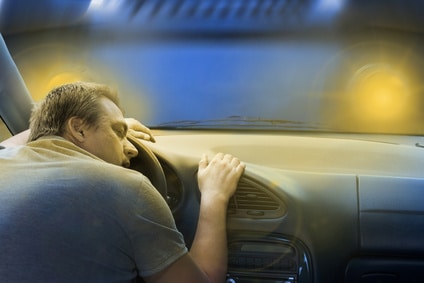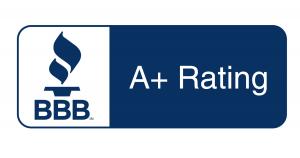Can You Be Charged with a DUI for Sleeping in Your Car?

State law prohibits individuals from driving, operating or being “in actual physical control of the movement” of a vehicle after drinking enough alcohol to make them incapable of safe driving. If you are sleeping in your vehicle after drinking alcohol, you may be charged with driving under the influence. As noted by the First Judicial District of Pennsylvania, Philadelphia County, whether you are charged and convicted of DUI may depend on a number of factors, including:
- Your position in the vehicle.
- Whether the key is in the ignition.
- Whether the vehicle is running.
- Whether the headlights are on.
- Where the vehicle is parked.
- Current temperature and weather conditions.
- The presence of evidence indicating that you drove the vehicle while under the influence.
Pennsylvania courts have noted that specific circumstances heavily influence whether an intoxicated individual sleeping in a vehicle is guilty of DUI. In one case, the state Supreme Court court ruled — and overturned lower court rulings to the contrary — that the defendant was not guilty of DUI because when arrested, he was sleeping in a reclined position in the passenger seat of his vehicle, parked on the side of a road and with the lights, ignition, and engine off. In other cases, the court ruled that defendants were in control of their vehicles — for example, when a defendant was found slumped across the steering wheel of his truck, with the brake lights on and the engine running.
What Are ‘Reasonable Grounds?’
Whether an intoxicated individual in a parked car can be charged and found guilty of DUI depends largely on a test known as “reasonable grounds” — namely, whether an arresting officer has good reason for believing that a defendant is in physical control of a vehicle based on the defendant’s position within the vehicle and other circumstances.
Pennsylvania courts have found that the reasonable grounds test was satisfied when an officer found an individual slumped over in the driver’s seat with the engine running, even though the car was legally parked in a parking lot. In general, courts have ruled that a driver’s presence in the driver’s seat with the engine running satisfies the “reasonable grounds” test.
However, the engine running is not always sufficient grounds for a DUI charge, Pennsylvania courts have ruled. In one case, a defendant was found sleeping in a reclined position in the driver’s seat with the engine running and with the car parked near a bar. In that case, weather conditions were cold and snowy, and the court ruled that the arresting officer did not have reasonable grounds to believe that the defendant was either operating or was in “actual physical control” of the vehicle. The lower court and an appellate court found the defendant’s testimony — that bar patrons often parked in that area, that the engine was running because of the bad weather, and that the defendant was simply “sleeping it off” after a night at the bar — to be credible.
A ‘Case-by-Case Basis’
Pennsylvania courts have noted that the “reasonable grounds” standard is not extremely demanding, and the court determines whether the standard is met on a case-by-case basis. Reasonable grounds are found when another police officer observing the situation at the time would have determined that a motorist who was under the influence of alcohol was either operating or was in control of a vehicle.
State courts consider the “reasonableness” of an officer’s decision to arrest a defendant based on the complete circumstances, including whether the individual had driven at some point before the officer arrived.
If You Are Charged with DUI, Contact Experienced Attorneys
After a night of drinking, you absolutely should not drive. The best course of action is to designate a sober driver or take a cab home. If you do choose to “sleep it off” in your vehicle, move to the passenger’s seat and keep the ignition and lights off unless they are necessary for safety. If, in spite of precautions, you are charged with DUI for sleeping in your vehicle, contact the experienced attorneys at the Office of DeLuca, Ricciuti & Konieczka for a free consultation to learn more about your legal options.









